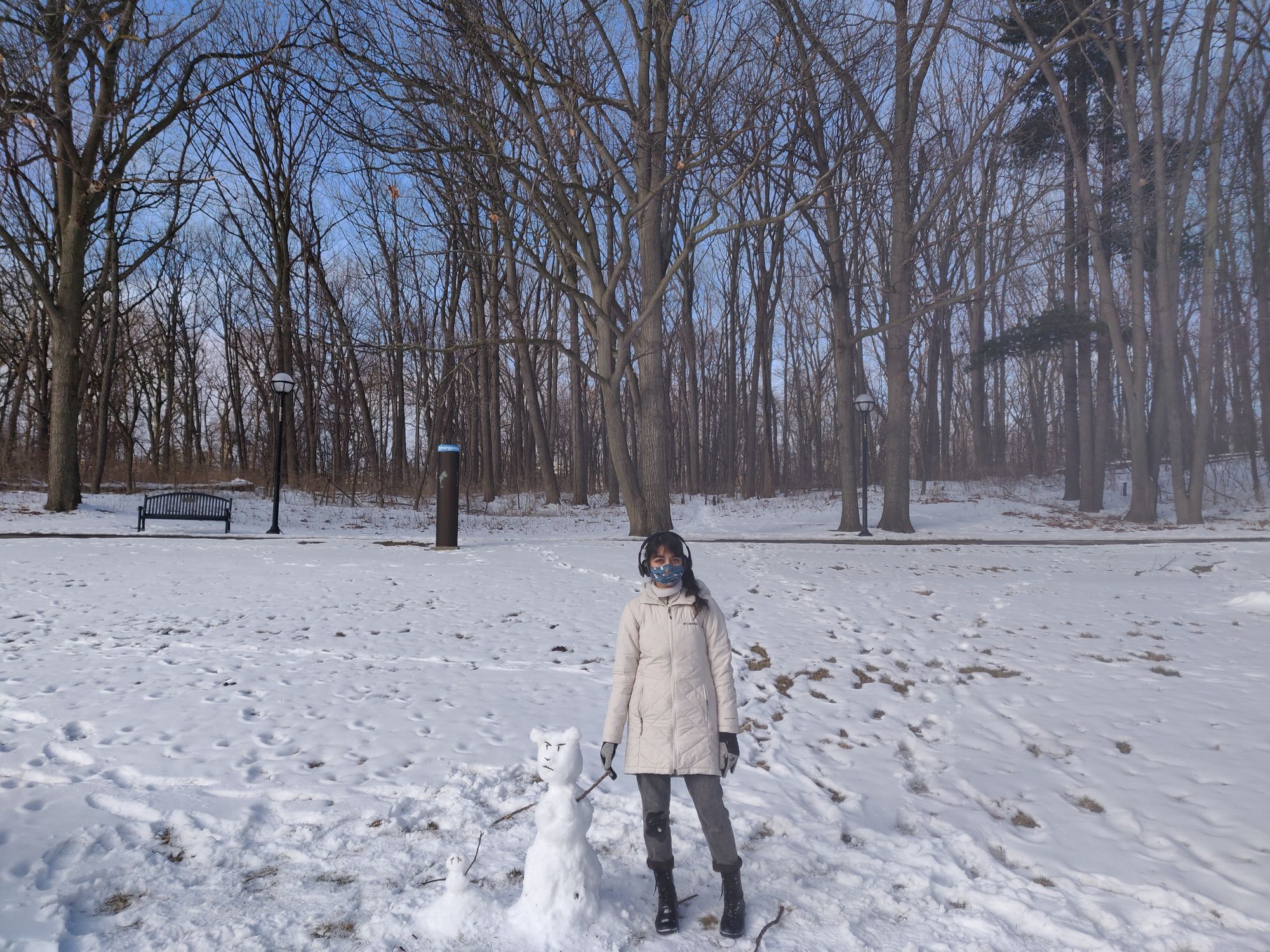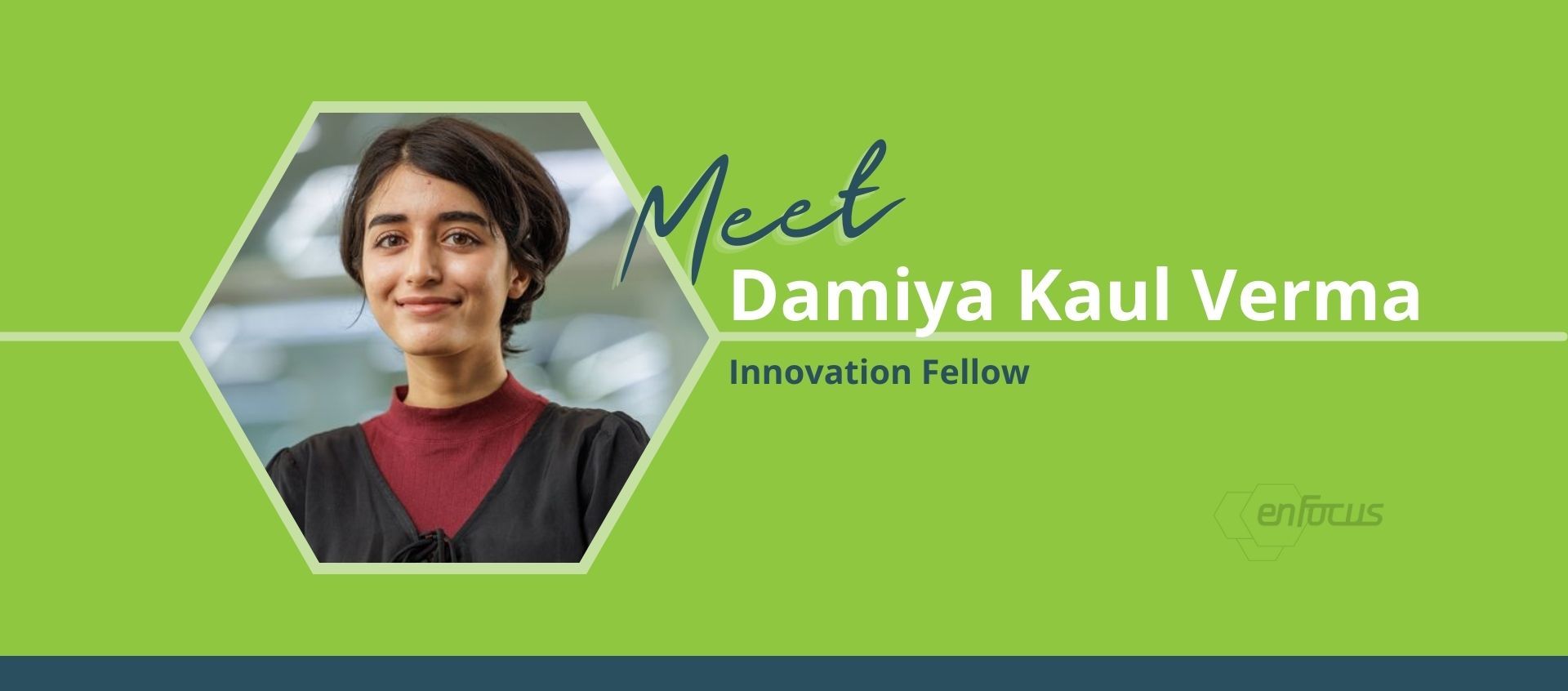At a pivotal time in my secondary education, I had to make the choice of what subjects I would study in the last 2 years of school. The subjects I would choose would open doors to higher education in college, and eventually a career. On the other hand, the subjects I didn’t choose would mean hammering the last nail in the coffin for other subject streams.
I chose economics because it felt like people around me would always complain about the country’s problems and the government. I thought about what kind of position I wanted to be in as an adult. When going to school everyday, I saw kids younger than me out in the streets, heard about corruption, and money that didn’t reach those who needed it most.
Pessimism about the future was wearing me down, and I did not want to feel powerless about things happening around me. I decided I wanted to be the one that acts, so that I wouldn’t have qualms about being a passive player in the system. Then, even if society felt disorderly, I would have made my contribution to making things better.
Economics, to me, was the key to bringing about change and funding a bright future. I had seen nonprofits growing up, and I thought economics would help me understand large scale funding for things like education, safe houses for children, and more. In college I was surprised to see people chose economics for completely different reasons than I did.
My peers had clear ideas of what kind of jobs they wanted after graduating, what AP credits you were supposed to have, which majors were the best to do, and other secrets I wasn’t in on. After taking four semesters of economics I thought I had made a huge mistake because my peers had very different plans for their degrees, and it felt like I wasn’t going anywhere.
Things shifted in my last few semesters when I took advanced courses that answered some of the deeper questions I had. I learned about a 500 year history of the world that helped me see how people moved across the globe, and taught me how some countries developed more than others. I also had a professor who listened to my economic inquiries and helped me gain depth to my understanding of economics. My studies in the distribution of resources demonstrated how we arrived at the systems we have today, and why some people don’t have what they need.
What I learned gave me a bird’s eye view of complicated economic and societal issues, and once I started thinking more deeply about economics, I couldn’t think of anything else.
When I was learning to appreciate economics again, I learned about funding and welfare the hard way. I worked on a social impact project for a semester that would require us to make a documentary about child poverty in India, but it didn’t get funding. Over time, I had to re-learn that tough issues are tough for a reason. It isn’t as simple as funding a documentary. The funding needed to address the issue in a measurable, time bound, direct way. The whole experience was excellent preparation for learning the practical side of social impact, idea-pitching, fundraising, and finding collaborators for making a project see the light of day.

In my last semester I started searching for a job that would tie in my previous endeavors. I went to career fairs and had alerts for job boards, but fewer and fewer places were resonating with me as time was ticking by.
Luckily I found enFocus when I signed up for a virtual career fair. After that, I remember reading about enFocus’ mission and filling out its application, and thinking over all the possibilities of things that can be done in the region. I was able to write an ambitious hypothetical plan about what I would like to do in Indiana because it was a creative endeavor that utilized my research and economics skills. I got accepted to the fellowship program and packed my bags for South Bend.
As I was navigating my job search I thought I wouldn’t find a job I was interested in. People would tell me about their job experiences, and how your first job out of college isn’t always the right one for you.
But enFocus really challenges that.
Its uniquely modern way of problem solving and entrepreneurial aspects make it a rewarding place to work. As an innovation fellow, I not only get to play a big role in city projects, but also have time to explore my interests as they relate to economic development of the region. With a network of long formed partnerships and a friendly team of talented people, I am looking forward to how I’ll grow as a professional and all the exciting things I’ll do!
